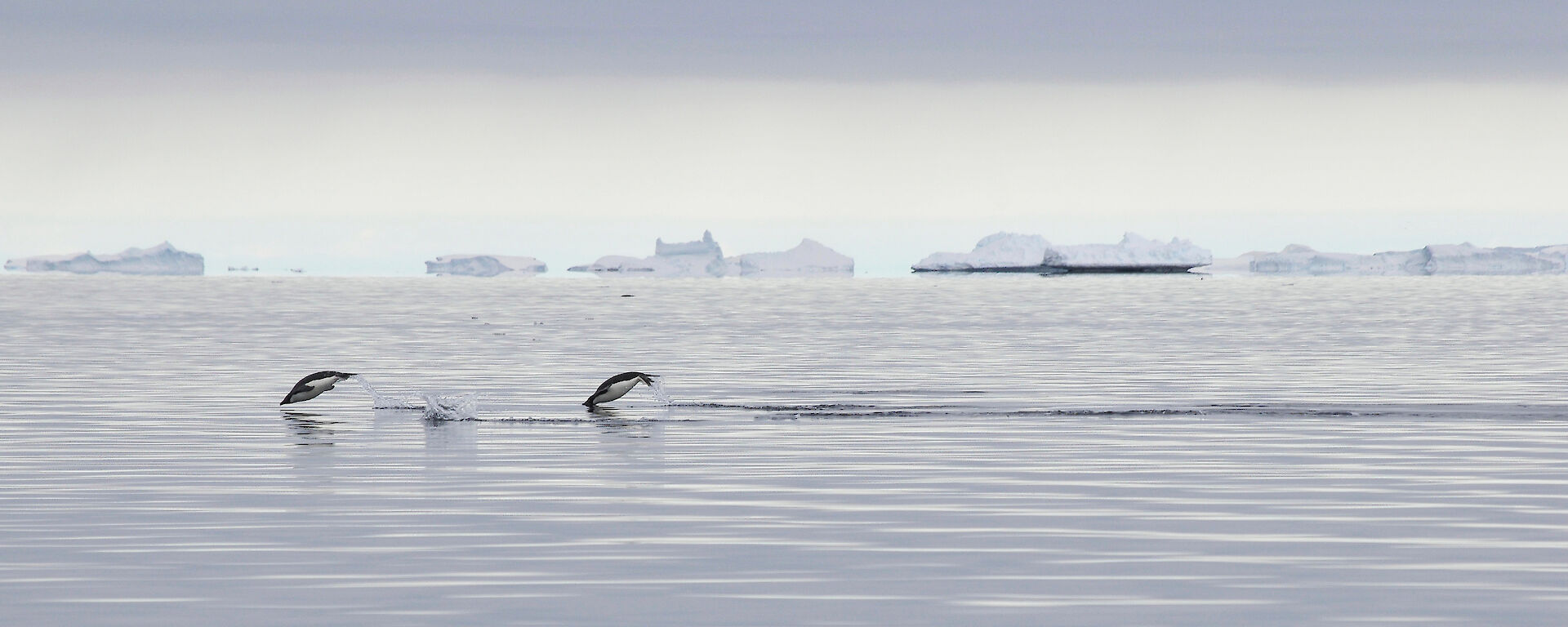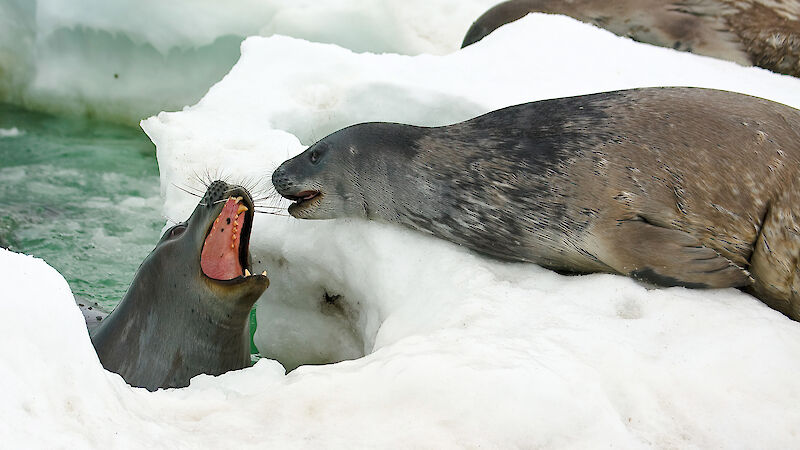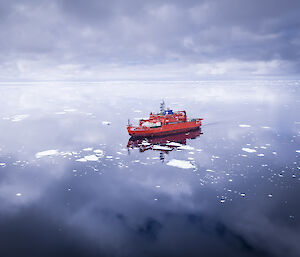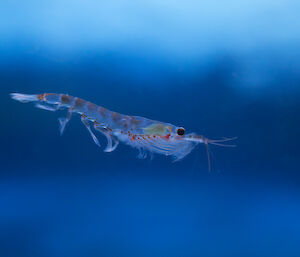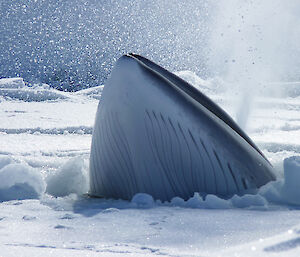International scientists are gathering in Hobart this week to develop the first marine ecosystem assessment for the Southern Ocean.
Hosted by the Australian Antarctic Division and the Antarctic Climate and Ecosystems Cooperative Research Centre, the meeting brings together scientists, fishers, conservationists, policy-makers and managers to build a picture of the current state of Southern Ocean.
Conference Convenor, Dr Andrew Constable, said a key goal is to improve understanding of the current state of Southern Ocean ecosystems, and the potential future impacts under climate change.
“The Southern Ocean is a vast and abundant ecosystem, where swarms of krill sustain an enormous diversity of species including fish, seals, penguins and whales,” Dr Constable said.
“This week’s conference is the first time that scientists studying all corners of the Southern Ocean have come together to try to develop a comprehensive picture of its diverse marine life.”
“Developing an assessment of the status and trends in Southern Ocean ecosystems is an ambitious task, but it is essential for sound management of marine resources into the future.”
Research shows the Southern Ocean is becoming warmer and more acidic under climate change, which could have potentially major and sudden impacts on keystone species such as krill.
“Robust management decisions require scientists to develop a confident understanding of which species are out there, in what kind of numbers, and how they are changing.”
The President of the Scientific Committee on Antarctic Research (SCAR), Professor Steven Chown, said the conference was an important step.
“SCAR has long facilitated research in the Southern Ocean to advise policymakers on the status and trends of its species and ecosystems. Now, as we see evidence of changes and forecasts for an increase in impacts, this role has taken on renewed urgency.”
“The Southern Ocean and Antarctica comprise about a third of the world’s surface. They are essential for human and planetary health. SCAR’s research facilitation and policy advice are helping to secure the long-term ecosystem services provided by these regions.”
“'SCAR recognises the importance of the work being done at this meeting. Our members are pleased to support this conference both directly and through our support for the Southern Ocean Observing System.”
The conference has four themes:
- Assessments of status and trends in habitats, species and ecosystems, and the causes of change;
- Responses of species to changing habitats, including ocean acidification, sea ice and temperature;
- Modelling and analytical methods to assess status, trends, impacts, future states; and
- Implementation of observing systems to estimate dynamics and change.
The final assessment report, expected to be completed by the end of the year, will feed into the 6th Assessment Review (AR6) of the Intergovernmental Panel on Climate Change (IPCC), the Commission for Conservation of Antarctic Marine Living Resources (CCAMLR) and the Antarctic Treaty’s Committee on Environmental Protection.

